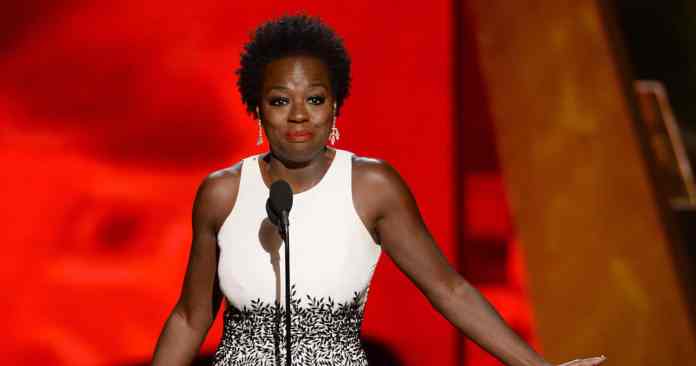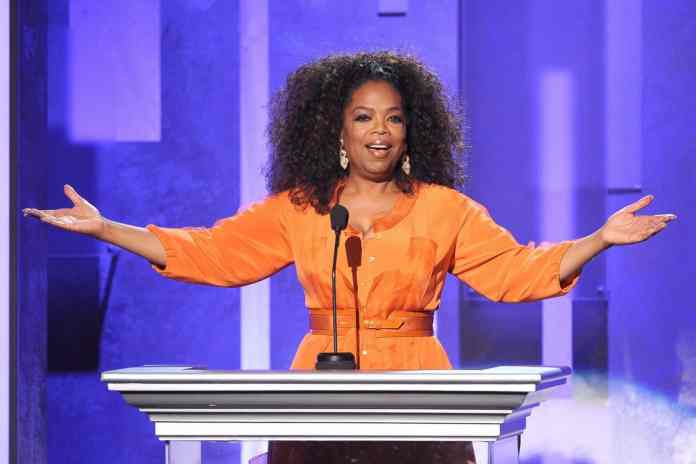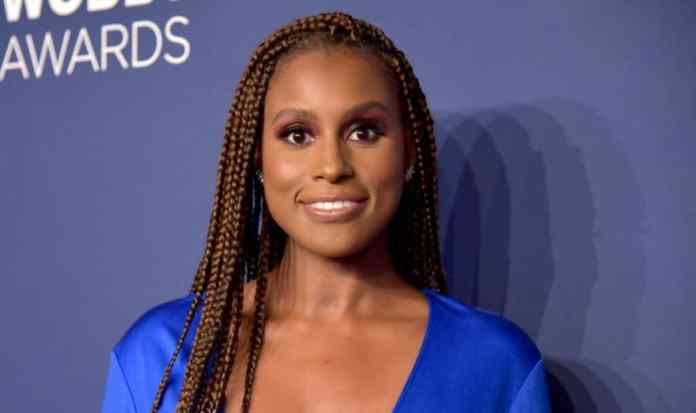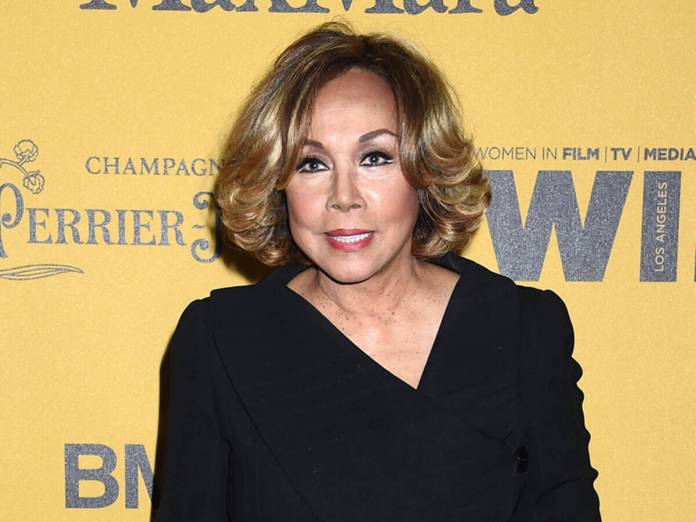
TV has always been a reflection of culture, but it did not necessarily reflect everyone. Black women, in their case, had to battle to find their places in a business that too frequently pushed them aside or caricatured them. And even with the challenges, they created spaces that were innovative, real, and extraordinarily powerful. From iconic actresses and innovative producers to media barons and even the strength of Black Twitter as a whole, these women didn’t just show up on television sets; they redefined what television looked like. Below is a countdown of ten of the most influential Black women to permanently leave their mark on the medium.

10. Zendaya: Youngest Double Emmy Winner for Drama
Zendaya began as a Disney Channel sensation, but soon emerged as one of the most influential voices of her generation. She was just 24 years old when she became the youngest woman to ever win an Emmy for Outstanding Lead Actress in a Drama Series—and she didn’t stop there. She did it again, becoming the youngest to win twice in Emmy history. Her performance as Rue in Euphoria was raw, exposing, and heartbreakingly authentic, addressing addiction and trauma in a way that gave young Black women visibility on mainstream television, all too infrequently. Zendaya proved that even the most youthful voice can make history and bear the burden of representation with elegance and strength.

9. Viola Davis: First Black Woman to Win Lead Actress in a Drama Emmy
When Viola Davis took the stage to receive her Emmy in 2015 for How to Get Away with Murder, it wasn’t a victory—it was a reset. She was the first Black woman to ever win for Lead Actress in a Drama, shattering a decades-long barrier. Davis always auditions intentionally, playing multifaceted, messy women who aren’t stereotypes. One moment that stands out was when her character stepped over into an episode of Scandal, shared with Kerry Washington. Two Black women, both starring in top dramas, standing shoulder to shoulder in primetime, it was a moment of representation that television had long lacked.

8. Cicely Tyson: Pioneering Drama
Years before “diversity” became a buzzword in Hollywood, Cicely Tyson was commanding respect on television. In the 1960s, she broke ground as the first Black woman to play the lead in a television drama with East Side/West Side, when Black women were limited to being maids or extras. Tyson would not play roles that insulted Black women, instead holding out for characters that were full of dignity and depth. She even appeared on TV with her natural hair, a radical and groundbreaking move that defied beauty standards. Cicely Tyson wasn’t acting; she was redefining what was possible on television.

7. Oprah Winfrey: The Queen of Talk and Media Mogul
Oprah Winfrey’s biography is nothing short of remarkable. Emerging from a difficult childhood, she created an empire that began with The Oprah Winfrey Show, which she not only hosted but also owned and produced. That ownership positioned her as the first woman in history to own her own talk show, and subsequently, the world’s first Black billionaire. In addition to TV, Oprah produced her own network, launched careers, initiated book clubs, and impacted millions of viewers with her combination of empathy and drive. She transformed herself from more than just a talk show host into a cultural icon, teaching Black women that they could lead, build, and own their narratives on the global stage.

6. Shonda Rhimes: The Architect of Multicultural TV
Shonda Rhimes did not simply develop TV shows; she constructed worlds. With Grey’s Anatomy, Scandal, and How to Get Away with Murder, she demonstrated that diverse storytelling wasn’t a niche market; it was primetime gold. Her shows regularly included strong Black women as leads, nuanced storylines, and casts representative of the actual world. But Rhimes didn’t just stop at the screen. She opened doors for countless Black actors, writers, and directors to succeed in an industry that had previously excluded them. In the process, she redefined network television into something richer, more diverse, and unmistakably hers.

5. Issa Rae: Advocating True Black Stories
Issa Rae made awkwardness into art and into history. She started out with her YouTube series Awkward Black Girl and gradually expanded to HBO’s critically acclaimed Insecure. The series was a breakthrough not only because it had a Black woman in the lead, but because it portrayed the intricacies of Black friendships, dating lives, and work dilemmas with sensitivity and comedy. Rae has been vocal about the need for representation on and off screen, ensuring specifics such as natural hair, neighborhood lifestyles, and cultural markers were accurate. She even created a documentary, Seen and Heard: The History of Black Television, to highlight the challenges and achievements of Black creatives in the business.

4. Lena Waithe: First Black Woman to Win an Emmy for Comedy Writing
Lena Waithe’s ascension has been nothing less than historic. She became history’s first Black woman to take home a Primetime Emmy for Outstanding Comedy Writing when her extremely personal Master of None episode “Thanksgiving” earned her the award. During her acceptance speech, she boldly accepted the victory on behalf of the LGBTQIA community, showing that her writing is based on both personal experience and universal appeal. Waithe followed up with The Chi, a show that presents richly nuanced portraits of Black life in Chicago. By placing genuine Black stories at the forefront, she’s rewritten the rules of who gets to tell them, and how.

3. Shaun Robinson: Black Women Media Leadership Advocate
We know Shaun Robinson from her time on Access Hollywood, but her impact spreads far wider than red carpets. Robinson has made it a point to use her platform to advocate for greater representation of Black women in media and leadership. She’s also a staunch supporter of young girls, developing programs that bring them into careers in STEM and media professions. Robinson illustrates the idea that visibility is important not only for actors or producers, but also for leaders and decision-makers off-stage. Her work ensures that the future generation of Black women is able to dream and aim for positions both in front of and behind the camera.

2. Black Twitter: The Digital Powerhouse for Representation and Resistance
Not an individual, Black Twitter merits its own place on this list. It’s become a cultural phenomenon that amplifies Black women’s voices, calls out misrepresentation, and recasts the way television is consumed and talked about. With hashtags, memes, and threads, Black women on Twitter have called out Hollywood and celebrated the shows that are doing it right. In so many ways, Black Twitter continues the “call and response” tradition, a cultural tradition from African American history, but modernized for the social media age. It’s evidence that representation isn’t just about who appears on screen, but also who drives the conversation about it.

1. The Pioneers: Beverly Payne, Diahann Carroll, and More
Before Zendaya, before Shonda, before Oprah, some women took bold risks in entering the limelight. Beverly Payne was the first African-American woman to anchor the news in Detroit, opening the doors for other journalists such as Shaun Robinson. Diahann Carroll pioneered Julia, one of the first shows with a Black woman as the star, no maid uniforms, no clichés, just a contemporary woman raising her child and living her life. These pioneers demonstrated that Black women could anchor shows, command audiences, and pave the way for generations to come. Their strength enabled today’s stars to shine.

Black women have always been at the center of television’s most significant changes, either by asking for better parts, building narratives behind the scenes, or redefining how audiences participate with media. From trailblazers Cicely Tyson and Diahann Carroll to current innovators Zendaya and Issa Rae, their work keeps us in mind that television isn’t entertainment—it’s history in motion. And because of these women, that history is richer, bolder, and more diverse than ever.